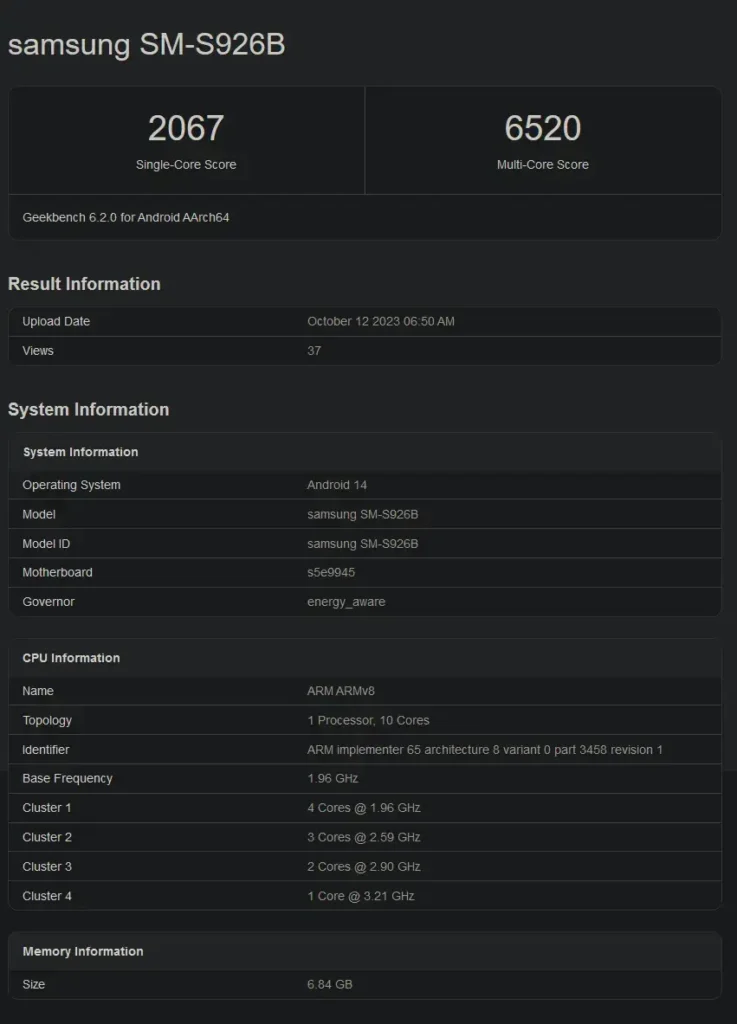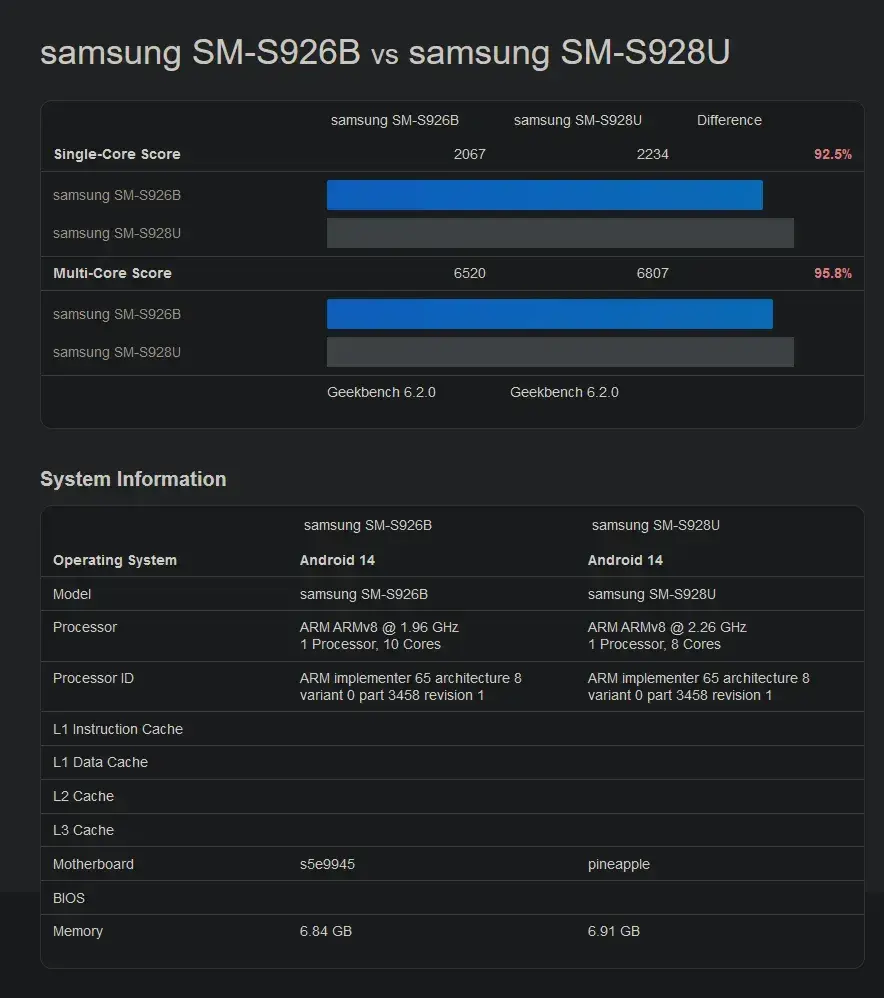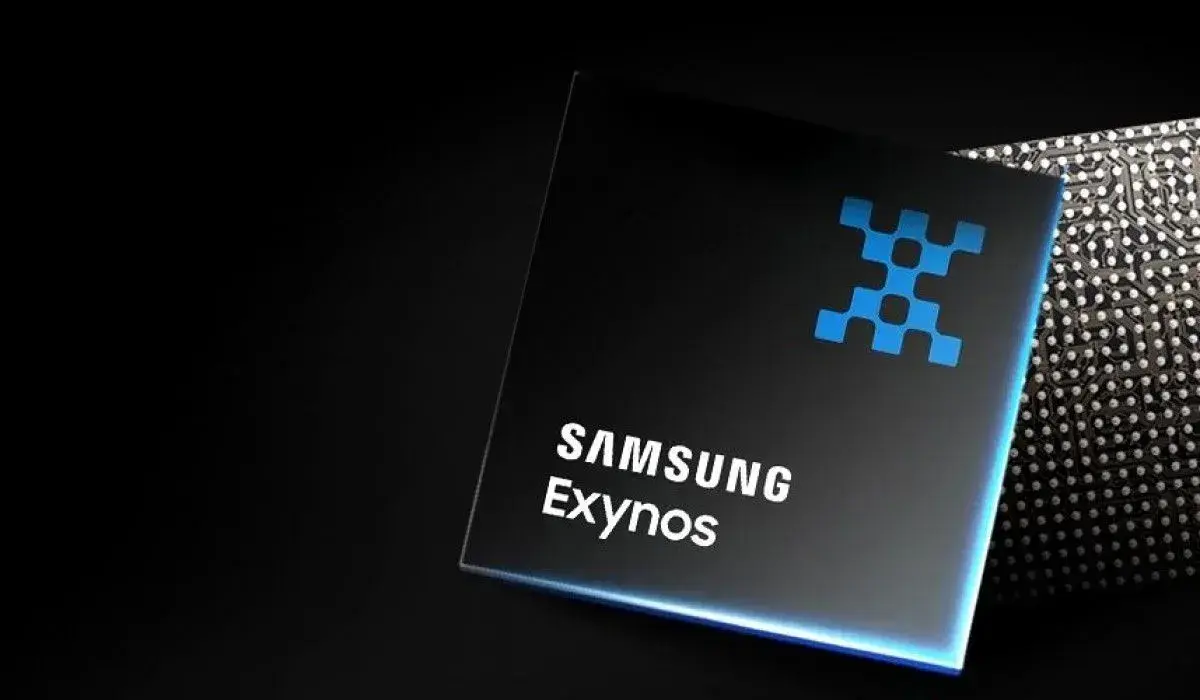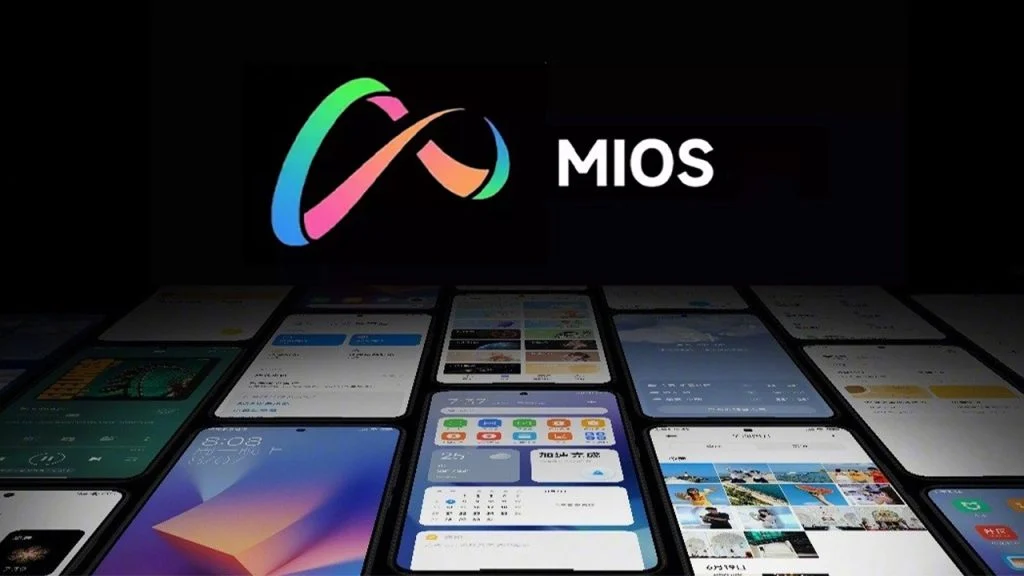Samsung’s latest foray into the chipset market, the Exynos 2400, shows promising potential, affirming its robust capability and marking it as a credible competitor against the Qualcomm Snapdragon 8 Gen 3. The recent benchmarking stats from Geekbench provide tech enthusiasts and potential users a sneak peek into the performance metrics of this new chipset. Garnering attention for its commendable performance, the Exynos 2400 positions itself as a powerhouse that could notably influence the future dynamics of mobile chipsets.
Performative Parity: Exynos 2400 vs. Snapdragon 8 Gen 3
In its maiden Geekbench run, the Exynos 2400 has exhibited a compelling performance, aligning closely with its contemporary, the Snapdragon 8 Gen 3. Samsung’s newest chipset posted a single-core score of 1,205 and a multi-core score of 3,454, showcasing its potent computational and multitasking capabilities. The scores reveal a chipset that does not merely adhere to the established standards but seeks to push the boundaries of mobile computing further.
When pitted against the Snapdragon 8 Gen 3 – a renowned chipset for its superior performance in various smartphones – the Exynos 2400 doesn’t merely linger in its shadow but stands tall, demonstrating equivalent, if not superior, performative potential. The comparable Geekbench scores of both chipsets spotlight Samsung's intentional strides in scaling its chipset’s performance to meet the globally recognized standards set by Qualcomm's flagship processors.


Enhancing Mobile Experiences with Powerful Processing
The potency of the Exynos 2400 signals more than just technological proficiency; it stands as a testament to Samsung's commitment to enhancing mobile user experiences. With this chipset, Samsung is poised to facilitate smoother, more responsive, and highly efficient mobile operations across various applications and gaming experiences. For the everyday user, this translates into swift application loading times, seamless multitasking, and fluid gaming experiences, devoid of lags and stutters.
The incorporation of the Exynos 2400 in future mobile devices promises an optimized utilization of resources, ensuring that battery life is judiciously used without compromising the device's operational effectiveness. It is anticipated to support enhanced AI processing, elevated gaming experiences, and superior camera functionalities, thereby promising a well-rounded, rich user experience.
Looking Forward: Market Implications and User Expectations
The introduction of the Exynos 2400 brings with it expectations and speculations about its incorporation into upcoming Samsung devices. The chipset not only presents potential enhancements in device performance but also possibly impacts the pricing dynamics of future Samsung devices. Though specific pricing details related to the Exynos 2400 or devices employing it remain undisclosed, the competitive performance may potentially influence the market, posing a direct challenge to devices powered by Snapdragon 8 Gen 3.
In a nutshell, the Exynos 2400 has confidently stepped into the arena, demonstrating that it can hold its own against established players. As additional details regarding its full capabilities, utilization in devices, and market pricing unfold, it will be engrossing to observe how Samsung leverages this potent chipset to carve its niche and potentially reshape market dynamics.
Sources: notebookcheck.net, gizmochina.com.



